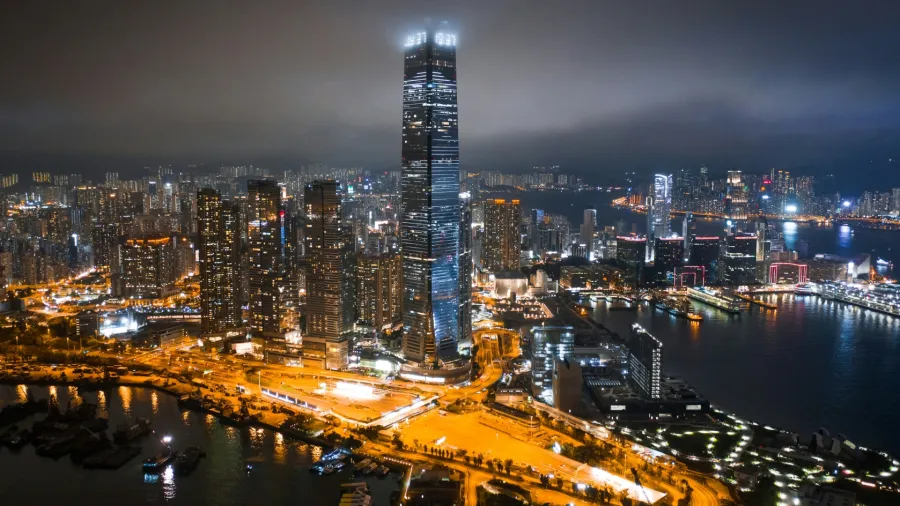
Privatisation deals drive M&A activity in Hong Kong
L’Occitane and China Traditional Chinese Medicine Holdings are among the companies delisting from HKEX.
Hong Kong’s M&A market may have faltered early in the year, but experts anticipate a busy year-end with shareholders and private equity turning undervalued public companies private and seeking alternative listings.
One of the companies to have joined the wave of privatisation deals in Hong Kong recently is French skincare company, L’Occitane.
In April, L’Occitane announced that its controlling shareholder has offered to delist the company from the Hong Kong Stock Exchange (HKEX) at HK$34.00 (SG$5.88 or US$4.35) per share.
In February, China based-Sinopharma also proposed to take private Hong Kong-listed China Traditional Chinese Medicine Holdings for nearly US$3b (HK$23.43b or SG$4.05b). If the deal pushes through it will be “ one of the biggest privatisation deals for a Hong Kong-listed firm since 2020,” according to Mergermarket, a service of ION Analytics.
The following month, CIMC Vehicles also announced the delisting of its H shares from the HKEX, whilst telecom services provider HKBN was reported to have plans to go private as well.
Yiqing Wang, managing editor for Asia Pacific at Mergermarket, said Hong Kong’s shrinking stock market with Hang Seng Index (HSI) hovering below 20,000 is “setting the scene for a wave of privatisation deals.” Despite a strong rally since the beginning of this year, HIS still sees a drop of 4.23% in the past 12 months.
In Asia Pacific, there have been 26 take-private deals from January to April, amounting to US$8.2b (HK$64.04b or SG$11.08b).
Keys sectors
Sector-wise, real estate or property is driving M&A deals in Hong Kong, ranking first in deal value.
The six deals in the real estate sector amounted to US$1.2b (HK$9.37b or SG$1.62b), accounting for 60% of the total deal value between January to April.
In the wider APAC region, Wang noted that real estate was also a key focus. One notable transaction in the sector was the US$2.8-b (HK$21.87b or SG$3.78b) sale of a 60% stake in Dalian Wanda Group’s mall unit, Newland Commercial Management, by a consortium led by PAG.
Behind real estate is technology with a deal value of US$348m (HK$2.72b or SG$470m) or 18% of the total year-to-date. Volume wise, the tech sector led Hong Kong with nine deals.
Technology, particularly AI, is also a major driver of M&A activity in APAC, said Norton Rose Fulbright Singapore partner Craig Loveless.
Finance and Professional Services both recorded a deal value of US$134m (HK$1.05b or SG$181m), but the latter had six deals, whilst the former had five.
Also in the top five sectors was Consumer Products with fourdeals with a value of US$115m (HK$898m or SG$155m).
Pillar of growth
From January to April, Hong Kong saw its deal value fall by 64.9% year-on-year to US$1.98b (HK$15.46b or SG$2.68b), affected by “spillovers from the China economic growth slowdown,” Wang said.
Meanwhile, deal value in APAC dropped 34% to US$160.2b (HK$1.35t or SG$216.6b) due to “lack of large ticket transactions in both private equity-led investments and corporate mergers.”
Although M&A performance in Hong Kong and Asia Pacific has been lacklustre in the beginning of the year, experts remain positive about future activity levels, noting that many corporations still view it as a key component of their growth and strategic plans.
“M&A plans in the APAC region appear to remain robust, albeit potentially harder to deliver on at the moment. Many corporates that we speak with still have enthusiasm for dealmaking and view M&A as an important pillar in executing their growth plans in APAC,” Loveless said.
When assessing potential deals, Loveless said buyers “will typically take into account factors relating to the target’s commercial value, financial health, legal and compliance risks, culture, ESG factors and potential synergies after the acquisition.”








![Cross Domain [Manu + SBR + ABF + ABR + FMCG + HBR + ]](https://cmg-qa.s3.ap-southeast-1.amazonaws.com/s3fs-public/styles/exclusive_featured_article/public/2025-01/earth-3537401_1920_4.jpg.webp?itok=WaRpTJwE)









 Advertise
Advertise


